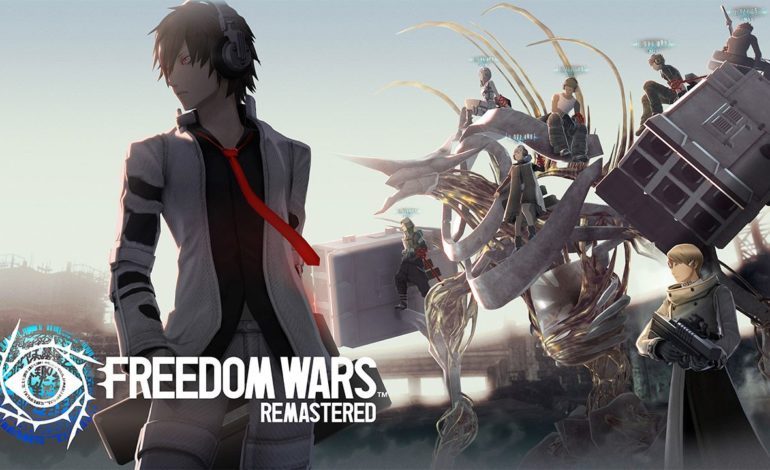

Well, here’s a game I never thought would be brought back, as when the last time we saw it, it was attached to a console that is spoken in that same vein as the Wii U, in infamous video game hardware failures. That game being Freedom Wars Remastered, which was first released back in 2014. To most people, this would be the first time they have ever heard of this series, unless you are an insane person like me, and invested in a PlayStation Vita and slowly watched as the console died a slow death before Sony mercy killed it behind the yard shed. So, I was someone who attempted this game back in 2014, mainly because I had heard good things about it and wanted to use my Vita for something other than an emulation machine. So, 10 years after its release and first attempt, how is Freedom Wars in a modern context, now that it has access to a wider audience instead of insane people? In a short sentence, it’s quite good, but it does show its age. 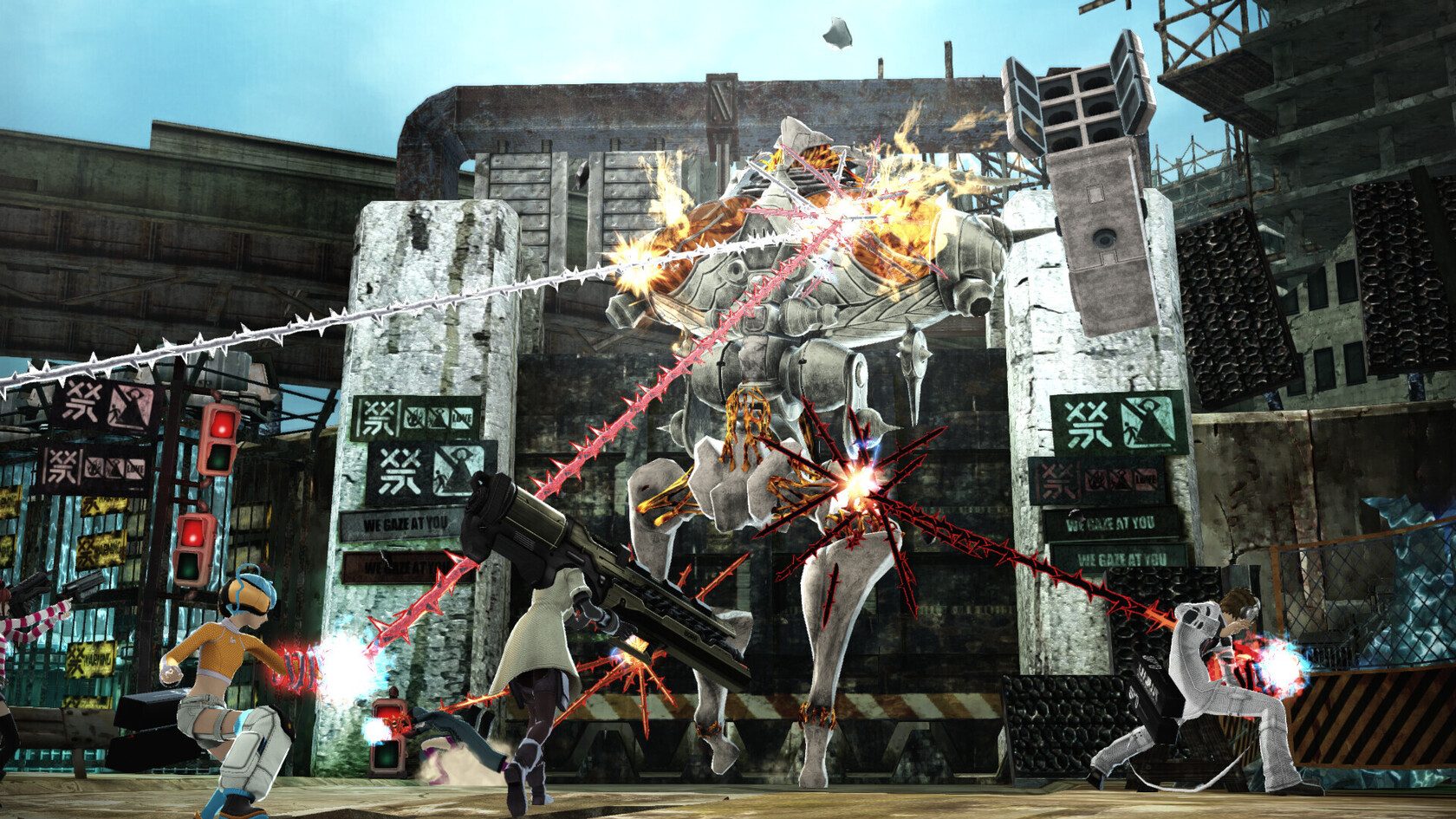

For the uninitiated, Freedom Wars is set in a dystopian future where the planet has become a scorched wasteland, and humanity now lives in heavily militarized city-states called Panopticons. Resources are scarce, life is brutal, and citizens are considered criminals from the moment they’re born. You, the player, begin the game as a “Sinner,” someone who has been sentenced to one million years of servitude for the crime of existing. Your only hope of reducing your sentence is to fight for your Panopticon by taking on missions to rescue citizens, gather resources, and eliminate massive mechanical monsters known as Abductors. The premise is as bleak as it is unique, and it’s a big part of what drew me to the game originally. There’s a dark, satirical edge to the story that critiques authoritarianism, bureaucracy, and the commodification of human life. Every action you take in the game is overseen by your AI handler, and even mundane things like walking around too much or talking to others can lead to additional penalties being added to your sentence. It’s a setting that feels oppressive but also oddly compelling, and it’s one of the reasons Freedom Wars has stuck with fans all these years after its release.
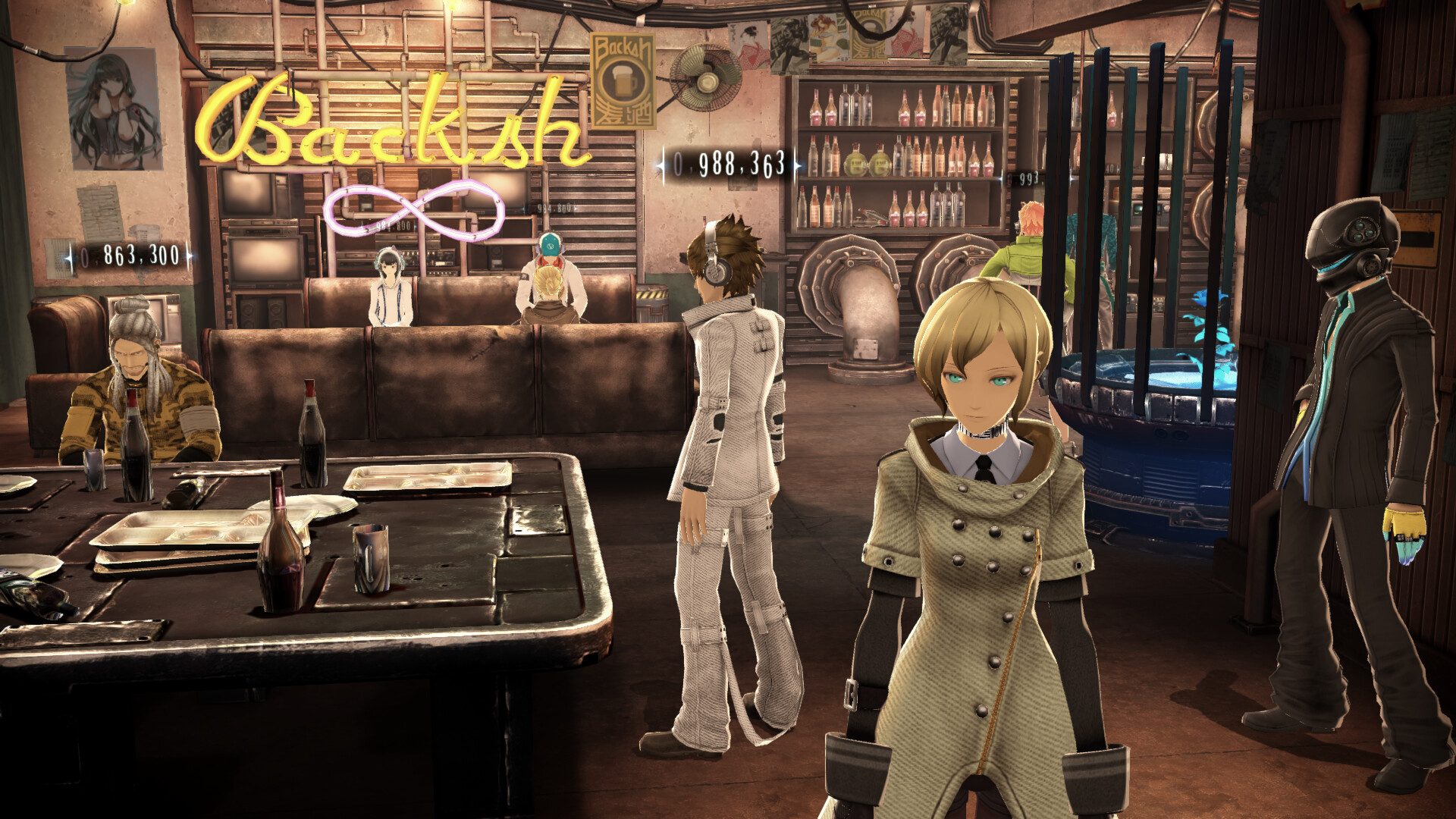

At its core, Freedom Wars is an action RPG with a heavy emphasis on cooperative gameplay. Think of it as a hybrid of Monster Hunter and Soul Sacrifice, but with a focus on fast-paced combat and vertical mobility. The standout feature of the game is the “Thorn,” a grappling hook-like device that allows you to zip around the battlefield, scale towering Abductors, and even pull off elaborate combo attacks. It’s a mechanic that still feels fresh today, even in an era where grappling hooks seem to be popping up in every game under the sun. Combat in Freedom Wars is a mix of ranged and melee action. You can customize your loadout to suit your playstyle, whether that means wielding a massive sword to cleave through enemies up close or picking them off from a distance with a sniper rifle. There’s also a decent amount of depth to the crafting and upgrading systems, allowing you to enhance your weapons, armor, and even your Thorn’s abilities. Missions often require a mix of offense, defense, and strategy, especially when taking on the game’s larger-than-life Abductors. These mechanical foes are the highlight of the combat, offering challenging encounters that require teamwork, coordination, and a bit of ingenuity to take down.
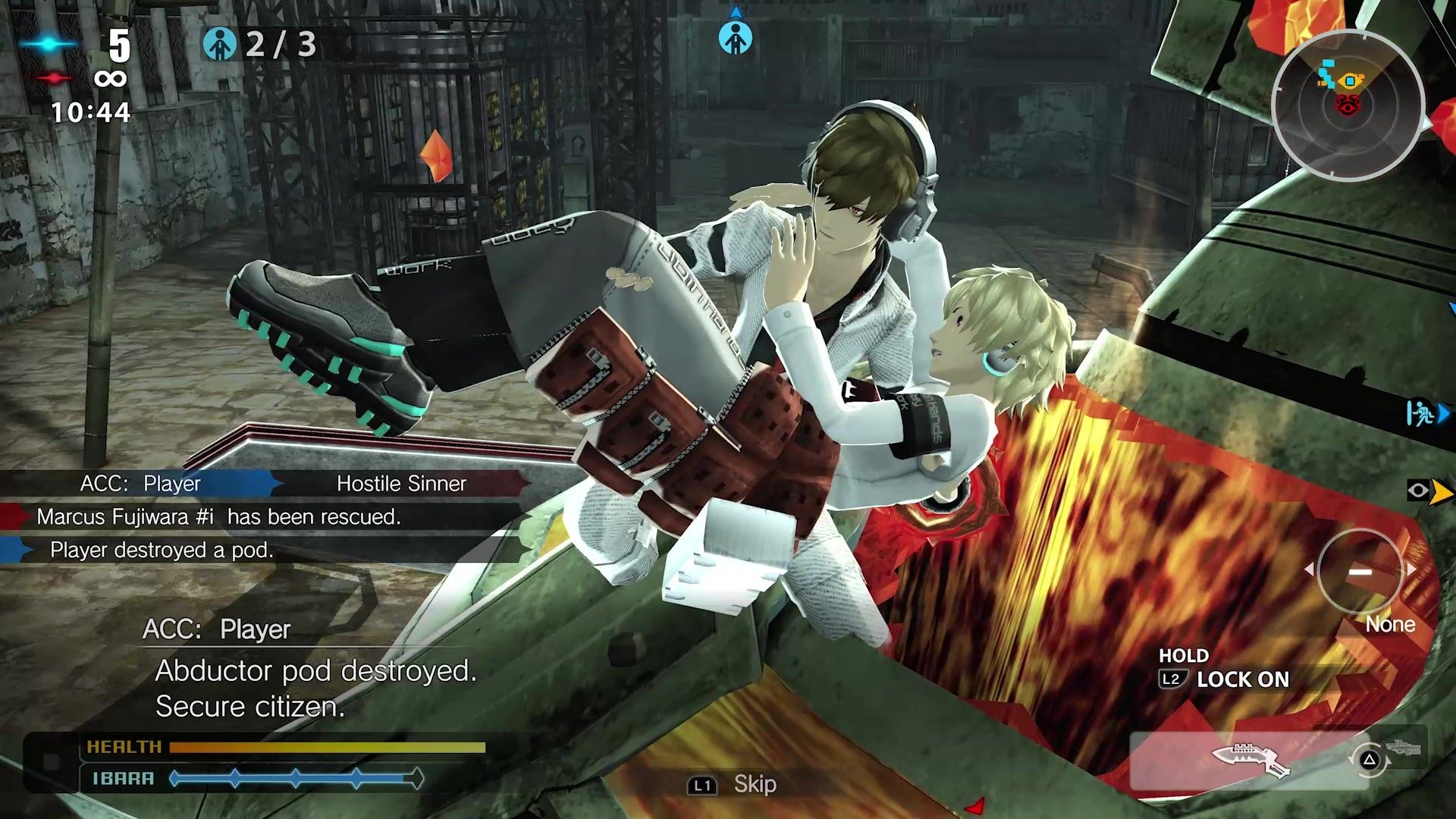

As much fun as the combat and mechanics are, there’s no denying that Freedom Wars shows its age in certain areas. For one, the mission structure can feel repetitive after a while. Most missions boil down to either rescuing citizens, gathering resources, or fighting Abductors, and while the combat helps keep things engaging, the lack of mission variety becomes noticeable during longer play sessions. The AI, both for allies and enemies, also feels dated. Teammates often struggle to keep up with the flow of battle, sometimes getting stuck on terrain or failing to prioritize objectives. Similarly, enemy AI can be a bit predictable, which makes some encounters feel less dynamic than they could be. These quirks were easier to forgive back in 2014 when the game was a technical marvel on the Vita, but in a remastered version released in 2024, they stand out more starkly. Another area where the game shows its age is in its storytelling and presentation. While the dystopian setting and themes are intriguing, the narrative itself is fairly barebones. Most of the story is delivered through text-based interactions, and while there are some interesting characters and moments, the lack of voice acting and cinematic storytelling can make it harder to fully invest in the world. It’s clear that the Vita’s hardware and budget constrained Freedom Wars, and while the remaster improves the visuals, it doesn’t overhaul these aspects.
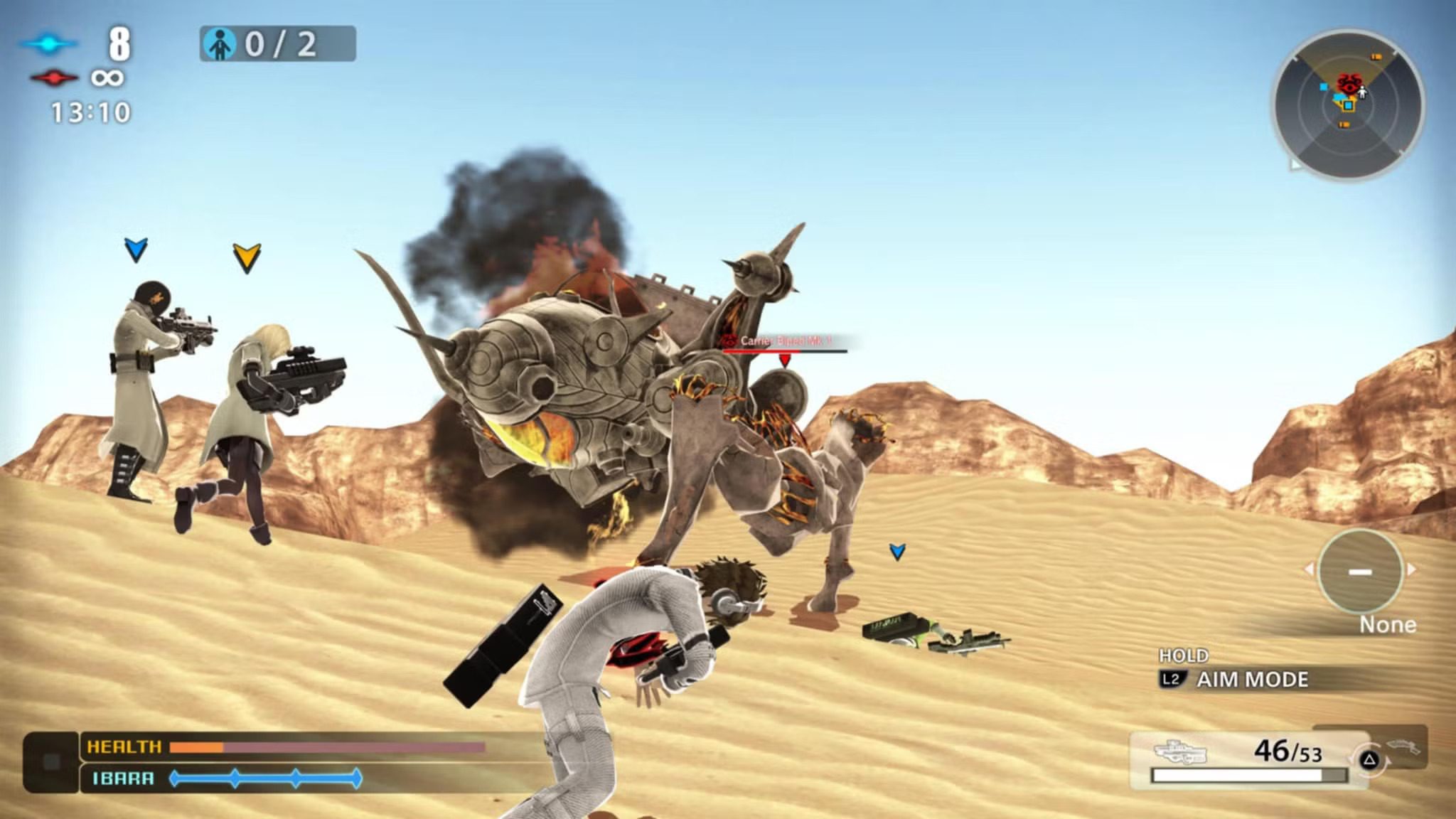

Freedom Wars Remastered is a fascinating relic of a bygone era that manages to feel both nostalgic and relevant in today’s gaming landscape. Its unique premise, fast-paced combat, and cooperative gameplay make it a standout experience, even if some of its mechanics and design choices feel dated. For those who missed out on the original, this remaster offers a perfect opportunity to see what all the fuss was about. And for those of us who were there from the beginning, it’s a chance to revisit a game that deserved far more attention than it got. That said, Freedom Wars is not without its flaws. The repetitive mission structure, dated AI, and barebones storytelling may turn off some players, especially those accustomed to the polish and depth of modern action RPGs. But if you can look past these shortcomings, you’ll find a game that’s brimming with personality, ambition, and just enough grit to keep you hooked. So, is Freedom Wars Remastered worth your time? If you’re a fan of action RPGs and dystopian settings or simply want to experience a hidden gem from the Vita era, then absolutely. It may not be perfect, but it’s a reminder of what made the PlayStation Vita special—and why some of us still hold a candle for it, even after all these years.
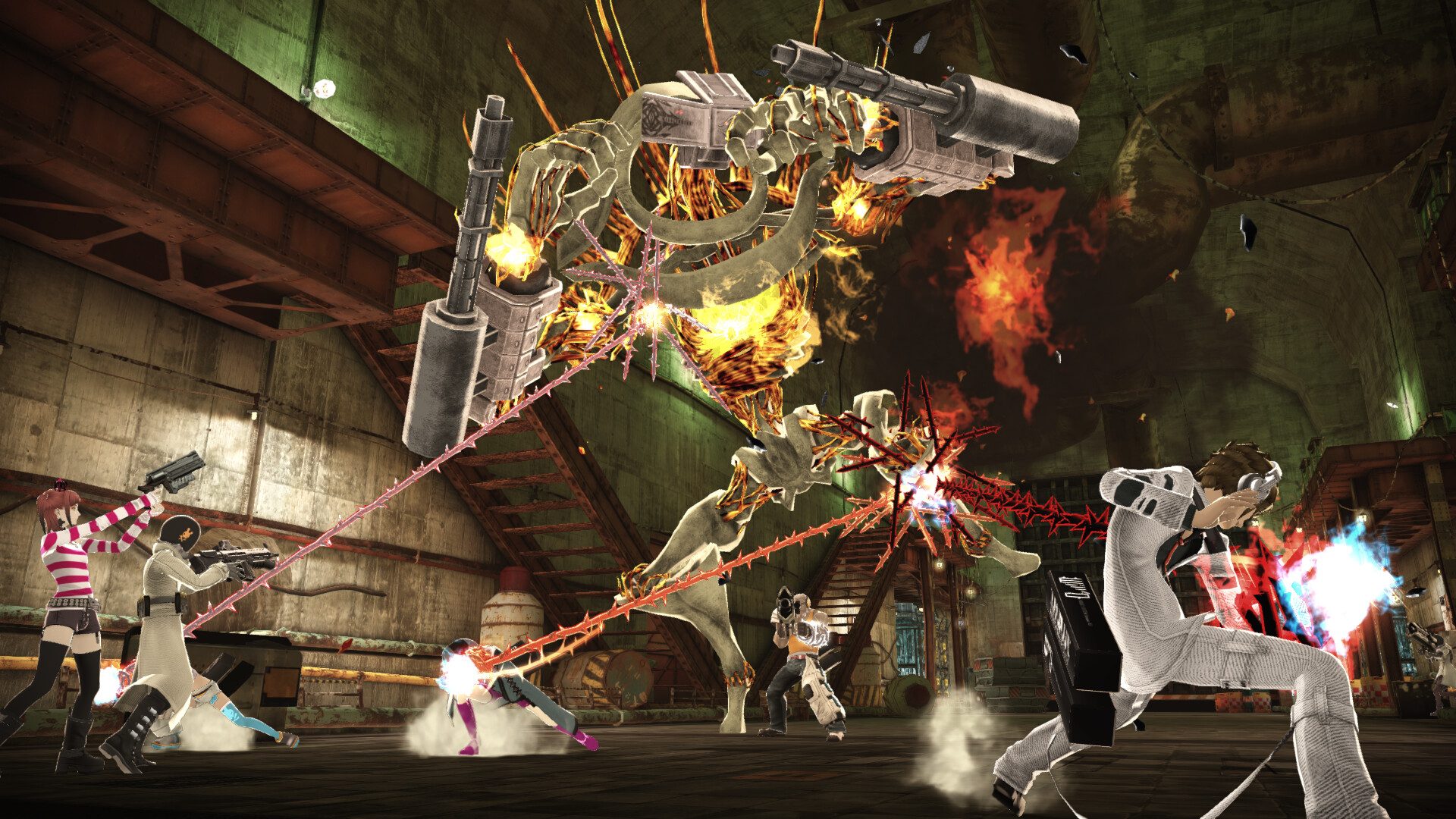

Score: 7 out of 10
Reviewed on PlayStation 5
Play games, take surveys and take advantage of special offers to help support mxdwn.
Every dollar helps keep the content you love coming every single day.
